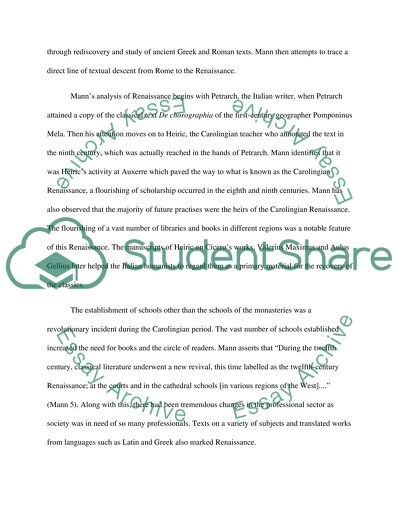Cite this document
(“An analysis (thesis) of Nicholas Mann's article The Origins of Essay”, n.d.)
Retrieved from https://studentshare.org/literature/1458345-an-analysis-thesis-of-nicholas-mann-s-article-the
Retrieved from https://studentshare.org/literature/1458345-an-analysis-thesis-of-nicholas-mann-s-article-the
(An Analysis (thesis) of Nicholas Mann'S Article The Origins of Essay)
https://studentshare.org/literature/1458345-an-analysis-thesis-of-nicholas-mann-s-article-the.
https://studentshare.org/literature/1458345-an-analysis-thesis-of-nicholas-mann-s-article-the.
“An Analysis (thesis) of Nicholas Mann'S Article The Origins of Essay”, n.d. https://studentshare.org/literature/1458345-an-analysis-thesis-of-nicholas-mann-s-article-the.


